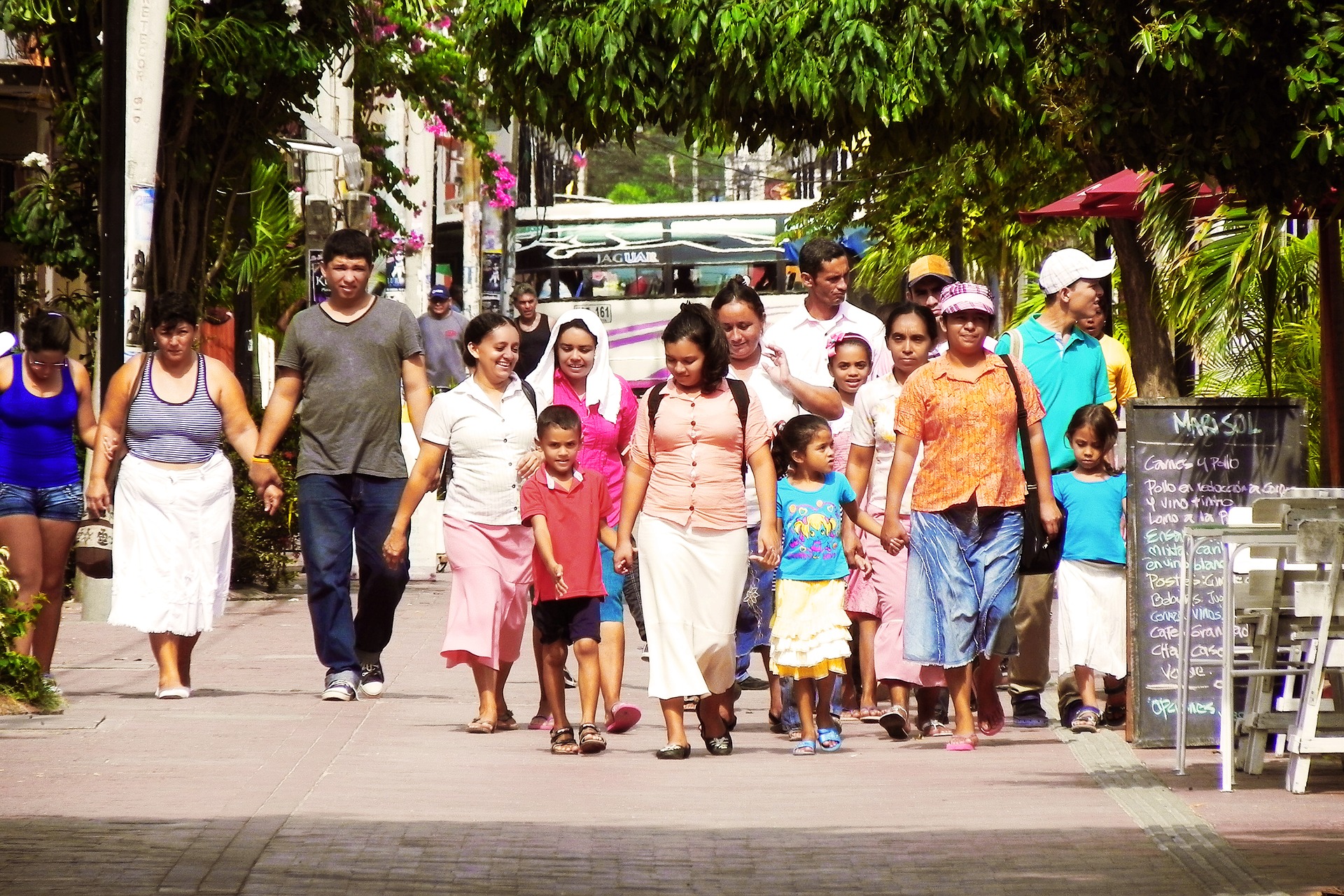I’ll never forget the afternoon when a colleague from the front desk came to tell me that an emotionally distressed patient was requesting to see me. I immediately recognized her as one of our patients for whom I provided prenatal care. Reina* was now about two-months postpartum, crying, and holding a carrier with her baby. Once in private, Reina recounted the most severe beating she experienced from her boyfriend, including being dragged across the floor by her hair. She shared that the abuse had been happening throughout the pregnancy. I thought back to the first time I saw her as a patient and screened for intimate partner violence (IPV). I had also screened for maltreatment from any other family member because she was an adolescent who had recently migrated from Central America and was living with her boyfriend and his parents. When I saw her for prenatal care, she denied experiencing any abuse.
*Name changed.
There are many reasons why women may not disclose IPV. For example, they may be uncertain of the provider’s intention with screening. That’s why it is our responsibility as providers to demonstrate our care for our patients’ well-being when we screen. I believe I eventually earned Reina’s trust given that she sought my help when she was ready to disclose. With her permission, I walked her over to our La Vida team – a program for both perpetrators and victims of intimate partner violence – where bilingual social workers and personnel with legal expertise developed her plan of care. Reina and her baby continued to receive primary care services at the Community Health and Social Services (CHASS) Clinic in southwest Detroit. As far as I know, she remained separated from her abuser.
Unfortunately, Reina’s success story is uncommon, particularly for other Latina immigrants. Although, Latinas do not experience higher rates of IPV, they have less access to resources to help them manage abuse. Thanks to the services available at CHASS, Reina was able to come to a place where she received care from Spanish-speaking providers, developed a trusting relationship with a provider (me), and found onsite support for responding to IPV.
When we think about providing equitable services and helping immigrant women respond to IPV, we need culturally appropriate services. Lack of knowledge for how to respond to disclosures of IPV remains a challenge for many providers. Our “knee-jerk” reaction is often to suggest leaving the abuser, which is not always wrong, but leaving an abuser may sometimes cause more harm than good. Also, keeping a family together is something we must remember is very important in this clientele, and therefore working with the couple to decrease abuse is essential. Our interviews with Latina immigrants who survived IPV revealed that many endured abusive situations, not because they could not support themselves or had nowhere to go, but because they wanted to keep their family together. After all many, emigrated in order to improve their family life.
When working to support our clients, especially our immigrant clients, we should consider Garcia-Moreno’s approach of building awareness about abuse, and include education about how stressors related to immigration may contribute to conflict in relationships. We may also need to remind our clients about their own strengths and agency – it takes grit and resilience to navigate and work in an unfamiliar environment without being proficient in the dominant language.
My experiences with patients like Reina fueled my passion to explore how we as health care providers can better support survivors of psychological trauma regain control of their well-being. We must keep learning and collaborating with our target clientele in order to cultivate support services that are culturally appropriate, accessible, and useful . Our interviews with Latina immigrant survivors of IPV are part of the broader goal to adapt Dr. Jacquelyn Campbell’s danger assessment to be culturally appropriate for this population.
ABOUT THE AUTHOR

Carmen Alvarez, PhD, RN, CRNP, CNM, is an Assistant Professor at the Johns Hopkins School of Nursing. Her research focuses on decision support, patient activation, and risk reduction for improving safety and self-management behaviors among underserved women—particularly those who are living with a chronic disease and survivors of trauma.
